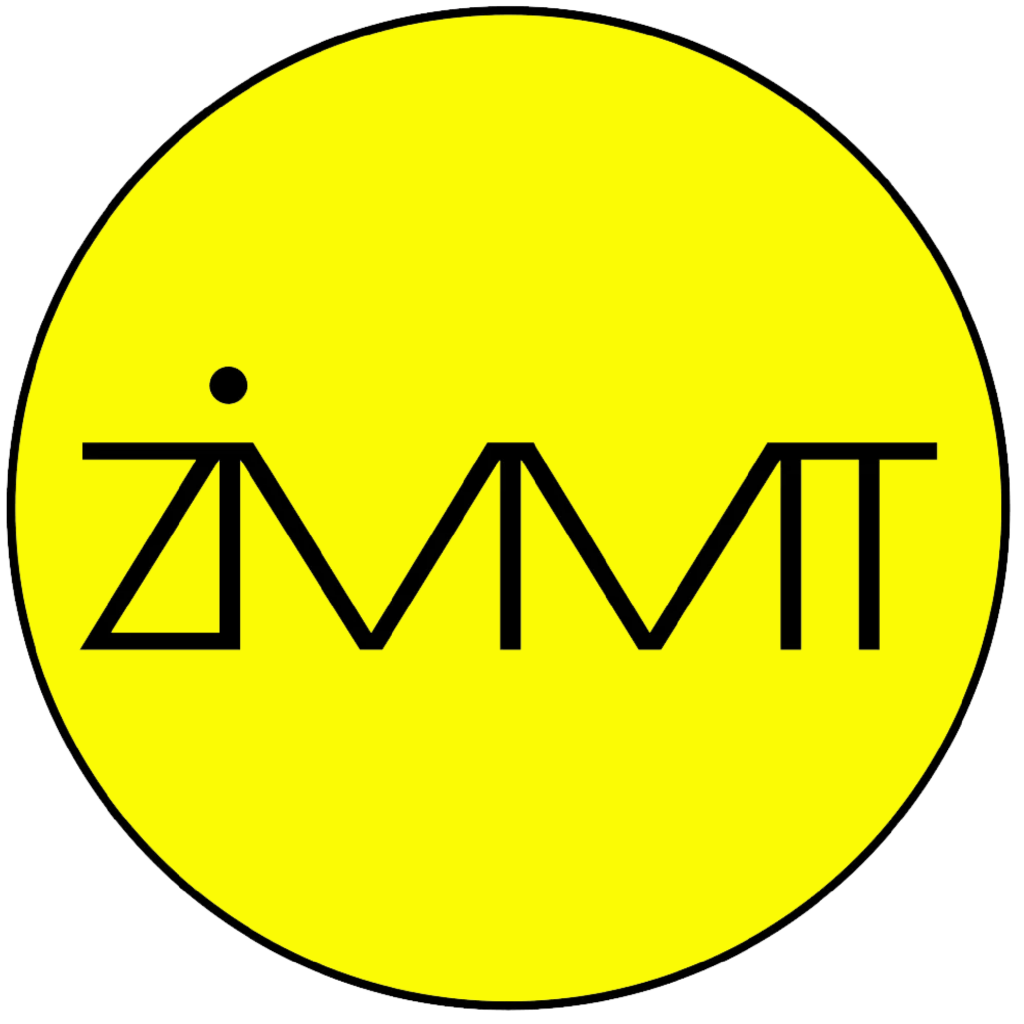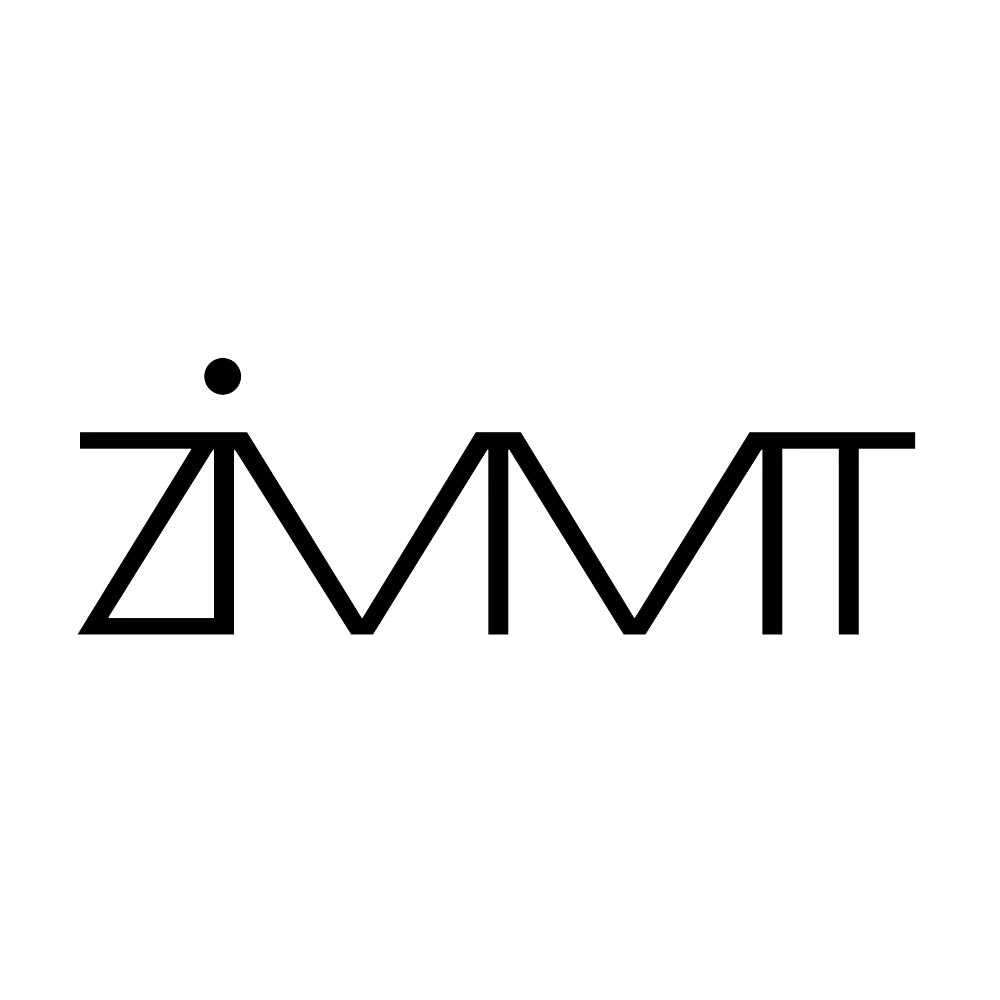Radio)))noospheric sensing pole
Victor MazÓn Gardoqui – Soundworkshop (EN)
The “noosphere” is a philosophical concept developed by biogeochemist Vladimir Vernadsky and philosopher and Jesuit priest Pierre Teilhard de Chardin. Vernadsky defined the noosphere as the new state of the biosphere and described it as the planetary “sphere of reason”. In parallel, he coined the term radionoosphere, which represents the state of the electromagnetic hertziosphere with the cultural and natural remnants of transmissions refracted and reflected at the Earth’s ionosphere.
In the workshop, the participants will listen to different bands and frequencies together in order to capture the invisible but yet existing electromagnetic frequencies (such as ultrasound, infrasound or geophony) using open hardware and open source software developed by Mazón and make them perceptible to the human senses.
Victor Mazón Gardoquis is both an artist and a scientist. He is a PhD student at the University of the Basque Country and has worked as a lecturer and expert in experimental circuit design at several international universities and art schools. He is interested in the function of human perception, device studies and experimental sensory applications. His artistic work often addresses the same range of topics: He uses (3D) sound and light to provoke perception and changes in consciousness, explores amplification processes or electromagnetic fields – his work makes the unheard and invisible perceptible and exposes viewers to a vulnerable, conscious situation.
Max. 10 participants
Participation fee: 25 € / 20 € reduced
Space as a musical parameter
Hauptmeier | Recker – Soundworkshop
The workshop provides a deep insight into the use of space as a musical parameter, embedded in the realms of music composition and sound art. From historical practices to current concepts, various approaches will be explored.At the core of the workshop is hands-on access to various software and hardware tools. We will experiment and compare them, using them as a starting point for exploration and creation. Simple applications will be used that enable playful interaction with the 3D system on site as well as the latest software developments for complex control in the context of live electronics. Workshop leaders Paul Hauptmeier and Martin Recker draw from several years of practical experience and research at ZiMMT.
If possible, please bring a laptop and headphones! The majority of the software used is freely accessible, making it a valuable addition to your music production toolkit even after the workshop.
Since 2009 the composers Martin Recker (1991) and Paul Hauptmeier (1993) have been working together as an artist duo in the field of sound- and multimedia art.
In addition to works for theater and opera, live electronics, radio and electro-acoustic music, their focus lies on sound installations in public spaces.
They are co-founders and board members of the ZiMMT. There they conduct research in the field of spatial audio and organize workshops, panels, concerts and exhibitions on the subject.
Since October 2022 they have shared a position as “künstlerischer Mitarbeiter” at Burg Giebichenstein in Halle Germany, where they teach sound art in the study program of time-based arts.
https://www.hauptmeier-recker.de
Max. 8 participants
Participation fee 25 € / 20 € reduced
Directional Sound Sources
Michael Akstaller – Sound workshop
Conventional loudspeakers try to distribute sound as evenly as possible in space. Directional sound sources, on the other hand, bundle the sound into a “beam” that is focused and sent along a line. Despite its fleeting nature, directional sound can form a sculptural body that can be shaped. The movement of the listener allows it to be experienced and contributes to a holistic, new acoustic perception of space. Artists such as Bernhard Leitner, Mouse on Mars or Anthea Caddy work in different ways with directed sound to integrate either the movement of visitors or the materiality of architecture into their compositional practice.
Michael Akstaller’s workshop offers an approach to different possibilities of sound beaming and enables participants to experiment with directional sound for installations and performances and to create their own prototypes of beamforming loudspeakers.
No previous knowledge required. If available: Bring a recording device, smartphone (with jack output/adapter) and headphones (cable)!
Michael Akstaller lives and works in Nuremberg and Berlin. He studied fine arts, media theory and engineering. In his artistic work, he focusses on the relationships between sound and space, as well as movement and performance. Akstaller also researches methods for expanding spatial perception via directional sound sources. Since 2015 he has been working in the field of flow research, (hydro)acoustics and acoustic research at scientific and artistic institutions. His work has been part of numerous exhibitions, e.g. 6th Ural Biennale 2021, Nature and State (Staatliche Kunsthalle Baden-Baden), Spatial Jitter (Kunsthaus München / Mouse on Mars). As part of his multiple interdisciplinary and collective collaborations with artists and scientists, Akstaller has also curated various event formats, for example at Künstlerhaus Nürnberg or HKW Berlin.
Max. 10 participants
Participation fee: 25 € / 20 € reduced
13.12.23 | 7 pm | free entry
Osmodrama via Smeller 2.0
Wolfgang Georgsdorf – Lecture Performance
Wolfgang Georgsdorf’s contribution to the exploration of smell as an artistic and compositional medium is extraordinary. At the opening of the sens – Festival for multisensory Perception, he will present his approach to olfactory composition, Osmodrama, and the Smeller 2.0 in a scenic lecture: the organ-sized instrument he developed with countless silver tubes is operated via a keyboard and can create smells.
Wolfgang Georgsdorf can’t easily be put in one nutshell: He’s an: artist, inventor, musician, author, director and illustrator. His work has won several awards and combines science, art, technology and processes in society. The artistic and researching focus on smell is an important part of his work: in years of pioneering work, he has created Smeller technologies, an electronic instrument for generating smells, and developed Osmodrama: Time-based composing and storytelling with smells as a new artistic practice.
14.12.23 | 7 pm | free entry
something new to smell
Prof. Thomas Hummel – Talk
The sense of smell is important. We react to the body odors of other humans and our nose influences how we behave towards each other. For many of us, the pleasurable perception of scents and tastes is synonymous with the quality of life. The sense of smell also protects us by warning us of smoke or spoiled food. Without smell, life lacks a dimension! Based on his many years of scientific expertise, Prof. Thomas Hummel explains in the talk how olfactory disorders affect people, what types of olfactory disorders exist and how they can be diagnosed and treated.
Prof Thomas Hummel is a specialist in pharmacology and toxicology and conducts research into the functions and disorders of smell and taste at the Smell and Taste Clinic of the Department of Otorhinolaryngology at the Technical University of Dresden in the field of chemosensory systems. He studied medicine at the University of Erlangen-Nuremberg and was Assistant Professor at the Smell and Taste Centre of the ENT Clinic of the University of Pennsylvania, Philadelphia, USA, from 1997 to 1998. Prof Hummel’s research has been published internationally in three of his own books and numerous other scientific publications.
15.12.23 | 9 - 12 am (workshop for children) | 6 pm (Louise Rossiter) | free entry
fragrance workshop winter edition
Marie Luise Möller & Cleo Doelling – workshop for children
In Cleo Doelling and Marie Luise Möller’s workshop, children between the ages of 10 and 12 have the opportunity to intensively observe and capture the smell of their environment: Together, they explore the smell of materials (which they have brought) and search for words to describe their perceptions. With the help of a copper still, the children can then make scented oils from those materials and take them home at the end. An olfactory memory also challenges the nose. The workshop leaders invite the children to share their thoughts and memories about the different smells they encounter in the workshop.
Cleo Doelling and Marie Luise Möller together design workshops to explore the multi-sensory and narrative properties of fragrances. They work at the interface between art and design. Their collaboration began at Burg Giebichenstein University of Art and Design Halle (Saale): Cleo Doelling graduated in industrial design, Marie Luise Möller received her diploma as a fine artist in the field of jewelry. Cleo Doelling is currently deepening her knowledge in the master’s program ‘The Critical Inquiry Lab’ at the Design Academy Eindhoven, while Marie Luise Möller has had her own studio at Designhaus Halle since 2022.
There is space for 8-12 children
Participation fee: 0 €
Expectation and Space in Electroacoustic Music
Louise Rossiter – Lecture (EN)
What evokes expectation in electroacoustic music, in which the original sound sources are usually no longer immediately visible or recognizable and even during a concert the eyes do not provide much reassurance about what is being heard? In her research, Dr. Louise Rossiter has been working intensively since her dissertation on how the interplay of sound, silence and timbral blending can give rise to implications, expectations and questions. In the lecture, she will talk about expectation using the example of her own pieces and other electroacoustic works. She also focuses on spatial composition and shares her thoughts on space in music: How can we compose with and for space?
Electroacoustic composer and sound scientist Louise Rossiter’s research interests include expectation in acousmatic music, silence, acoustic ecology, multichannel composition and spatialization. She completed her doctorate under John Young and Simon Emerson at De Monfort University in Leicester, where she also lives.
Louise Rossiter’s compositions aim for a highly immersive sound experience that in some ways remains unpredictable. In earlier works, she focussed on silence and enigmatic sounds or juxtaposed real and imaginary places.
She is currently composing pieces that deal with the work of Dr. Fritz Kahn, who created depictions of the human anatomy as a complex machine in the first half of the 20th century, which are considered an important innovation in the transfer of knowledge to the general public. Her works have been presented internationally at numerous festivals and won several awards in competitions. She herself is a juror at a number of international composition competitions, including Musica Nova (Prague) and Prix Russolo.
Beyond Scent: Multisensory Worlds of Smell
Cleo Doelling & Marie Luise Möller – olfactory workshop
During the workshop “Beyond Scent – Multisensory Worlds of Smell” participants first explore connections between the smells of different materials (for example stone, minerals or wood) and their perceptibility through other senses. Together, they describe their associations, develop narratives connected to selected materials and create personal “scent stories”: these individual scent ideas are linked to the material as a “scent totem”. Afterwards, all participants can create their own fragrance compositions according to their preferences under guidance and discuss them. The aim of the workshop is to develop individual fragrance concepts, to strengthen the vocabulary for describing fragrance and to emphasize the multi-sensory experience through the combination of material and fragrance.
Cleo Doelling and Marie Luise Möller together design workshops to explore the multi-sensory and narrative properties of fragrances. They work at the interface between art and design. Their collaboration began at Burg Giebichenstein University of Art and Design Halle (Saale): Cleo Doelling graduated in industrial design, Marie Luise Möller received her diploma as a fine artist in the field of jewelry. Cleo Doelling is currently deepening her knowledge in the master’s program ‘The Critical Inquiry Lab’ at the Design Academy Eindhoven, while Marie Luise Möller has had her own studio at Designhaus Halle since 2022.
Max. 17 participants
Participation fee: 25 € / 20 € reduced


